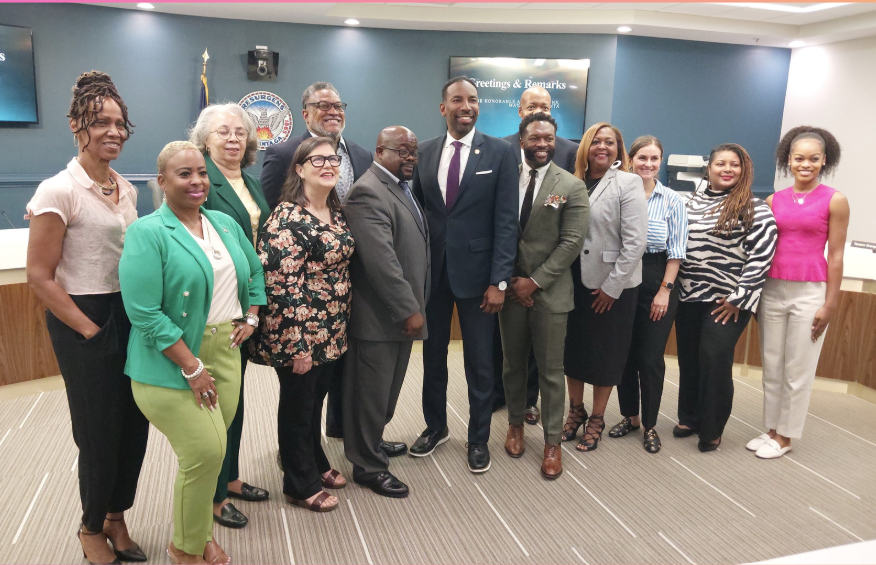What does trust look like in a city? Sometimes it’s a well-lit sidewalk or a bus that arrives on time. And sometimes, it’s something harder to see—like the willingness of city institutions to be held accountable.
This summer, Atlanta took a meaningful step in that direction. Mayor Andre Dickens announced a new agreement between the Atlanta Police Department (APD), the Atlanta Citizens Review Board (ACRB), and the Mayor’s Office that will make civilian oversight of law enforcement stronger, faster, and more transparent.
The agreement, a Memorandum of Understanding (MOU), might sound technical—but the impact could be deeply personal for families and communities who have long called for more clarity and accountability when serious incidents involving police occur.
“This agreement reflects our shared commitment to accountability, transparency, and lasting, systemic change,” said Mayor Dickens. “Most importantly, it helps rebuild trust between the government and the people we serve.”
Turning Process into Purpose
The ACRB exists to provide independent oversight when residents file complaints about police conduct. But up until now, there’s been no formal guarantee about how quickly or completely the board could access information in the most serious cases—like officer-involved shootings or deaths in custody.
This new agreement changes that.
From now on, when these serious incidents occur, APD must alert the ACRB within 24 hours and provide case files once the internal investigation concludes. If the ACRB makes recommendations—like changes to policy, training, or discipline—APD is required to respond, explaining what actions it took or why it chose a different path.
“This MOU is about more than process, it’s about purpose,” said Police Chief Darin Schierbaum. “We welcome the role of civilian oversight and look forward to continued partnership with the ACRB as we work together to strengthen public trust.”
A Collaborative Effort
The MOU wasn’t created overnight. It took months of dialogue between ACRB leadership, APD command staff, and the Mayor’s Office. While the conversations weren’t always easy, everyone involved stayed focused on the goal: making sure Atlanta’s approach to police oversight works for the people it’s meant to protect.
“It reflects the ACRB’s unwavering commitment to independent citizen oversight and to building public trust in law enforcement,” said ACRB Executive Director Samuel Reid, III.
The agreement doesn’t change the fact that investigations take time, or that each case is unique. But it does establish a shared foundation of respect, responsiveness, and responsibility.
Looking Ahead
The work isn’t finished. Implementing the MOU will require training, coordination, and consistency. But with this agreement in place, Atlanta has built a stronger framework for fairness—one where residents can trust that someone is watching, listening, and speaking up.
And that’s something we can all believe in.

